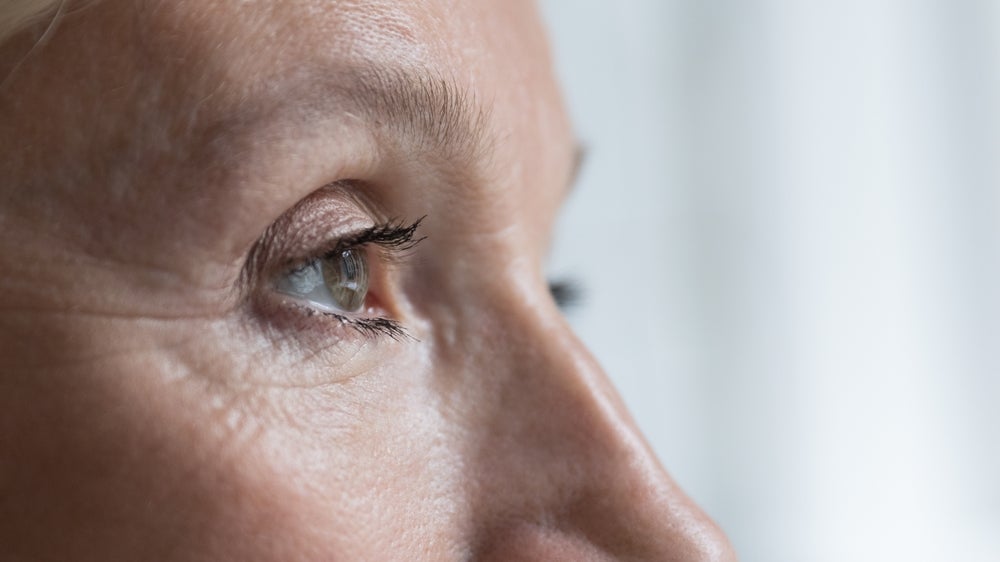US-based LumiThera has submitted a de novo request to reclassify the Valeda light delivery system as a Class II device, following the feedback from the FDA.
Under the request process, the system can be assigned an official classification as a Class II device with special controls, according to a 3 January press release.
LumiThera originally submitted the device, which is intended for the treatment of dry age-related macular degeneration (AMD), to the FDA under a premarket approval (PMA) application in 2023. After an initial review, the agency told LumiThera the best path to market would be to request reclassification.
LumiThera’s regulatory affairs vice president Lori Holder said: “Our discussions with the FDA [have] indicated this is the correct path forward for LumiThera’s treatment for dry AMD patients.”
If reclassified, the US-based company’s light delivery system could reach the market sooner. The review time for a de novo application is 150 days versus the PMA’s 180 days.
Valeda is already available in Europe, having received the CE marking in 2018.
The de novo marketing route is used for medical devices where general and/or special controls provide safe and effective use, but for which there is no predicate device on the market. The latter is the key difference to a 510(k) submission. PMA submissions are reserved for Class III devices.
LumiThera expects that its submission, along with the inclusion of special controls, could be granted by the FDA ahead of a US market introduction later this year.
Valeda uses photobiomodulation therapy, which involves utilising non-invasive, localised low-level light exposure to improve mitochondrial output and cellular activity.
As part of the original PMA application, LumiThera submitted data from its LIGHTSITE III trial (NCT04065490). Two-year data published in the Investigative Ophthalmology and Visual Science Journal demonstrated positive efficacy and safety results in 100 subjects with dry AMD.
LumiThera says the prevalence of AMD, which is a leading cause of vision loss in people aged 65 and older, is predicted to rise to 243.3 million by 2030.
Photobiomodulation has been used to treat other indications too. Last May, Health Canada approved Vielight’s device to boost the recovery of Covid-19 patients. Recent research has investigated the therapy’s use in neurological diseases.














